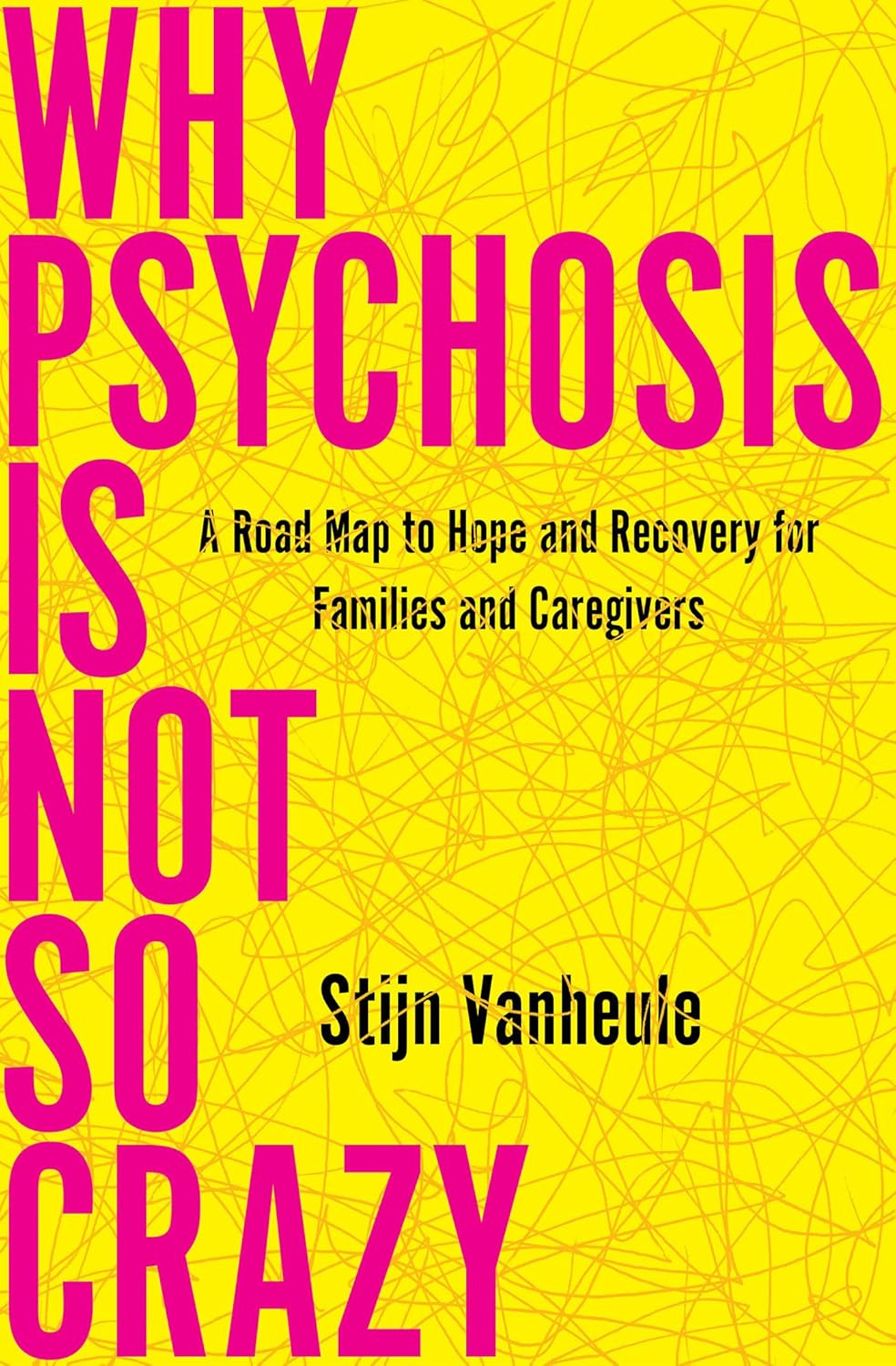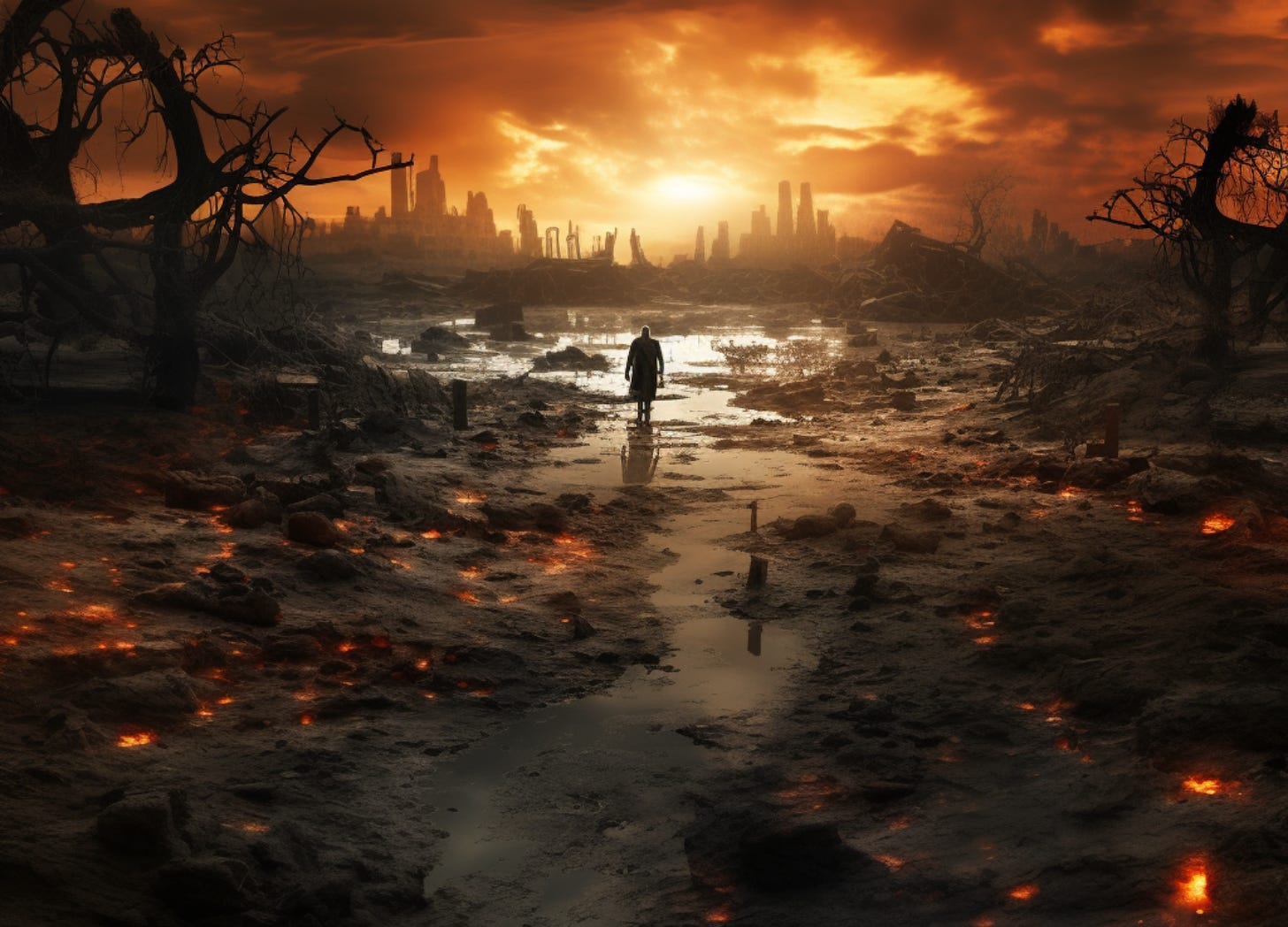All About Psychology Newsletter
Revisiting Milgram’s Shocking Obedience Experiments. The Spotlight Effect. Why Psychosis Is Not So Crazy. What Is Solastalgia?
A very warm welcome to the latest edition of the All About Psychology newsletter—the official newsletter of All-About-Psychology.com, a website providing comprehensive information and resources for psychology students and educators since 2008.
Revisiting Milgram’s Shocking Obedience Experiments
This fascinating article revisits Stanley Milgram’s infamous obedience experiments, revealing new insights from previously overlooked data. Professor Nick Haslam and Dr. Gina Perry explore how social relationships and authority dynamics impact obedience, challenging the popular notion that most people would blindly follow orders to harm others. Discover the complexities behind Milgram’s findings and why collective support is crucial in resisting coercion. A must-read for anyone interested in the psychology of obedience and authority! Read the article in full here.
The Spotlight Effect
Gilovich, T., Medvec, V. H., & Savitsky, K. (2000). The spotlight effect in social judgment: An egocentric bias in estimates of the salience of one's own actions and appearance. Journal of Personality and Social Psychology, 78(2), 211–222.
This is the citation of one of my favorite research papers that investigated the spotlight effect, i.e., the notion that we overestimate the extent to which our actions and appearance are noticed by others. The study’s main findings were that:
People tend to believe that they stand out in the eyes of others, both positively and negatively, more than they actually do. Participants in Study 1 who were asked to don an embarrassing T-shirt overestimated the number of observers who noted that it was the singer Barry Manilow pictured on the shirt.
The lesson of this research, then, is that we might all have fewer regrets if we properly understood how much attention - or inattention - our actions actually draw from others. We might take a modest step toward more fulfilling lives, in other words, if we took stock of a few of Abraham Lincoln's more memorable words and understood that "people will little note, nor long remember" what we say or do.
Note For Teachers:
The spotlight effect is an excellent topic for psychology teachers to explore in class. Here are some questions you could ask students to think about.
How does the spotlight effect relate to self-consciousness?
What factors might make some people more prone to experiencing the spotlight effect than others?
Why do people overestimate how much others notice their actions or appearance?
How does this egocentric bias manifest in everyday life, and what role might anchoring-and-adjustment play in this phenomenon?
How might the spotlight effect impact social anxiety or performance anxiety?
In what ways could understanding this effect help individuals better manage their fears about how others perceive them?
How might the spotlight effect influence decision-making in group settings?
Do people behave differently in groups because they assume they are more observed and scrutinized than they actually are?
What are the practical implications of the spotlight effect in educational or professional environments?
How might teachers or managers use knowledge of this phenomenon to create more supportive and less stressful environments for students or employees?
Note For Students:
The spotlight effect would be a great topic to investigate as part of a research project or final year dissertation. Here are some research project ideas:
Does the spotlight effect vary across different cultures or age groups?
How might social norms and levels of individualism or collectivism influence the degree to which people experience the spotlight effect?
Can interventions reduce the spotlight effect in individuals who suffer from high levels of social anxiety?
What strategies, such as cognitive reframing, could be used to diminish this bias?
How does the spotlight effect change in virtual environments compared to face-to-face interactions?
With more people using online platforms for meetings and socializing, is the spotlight effect reduced or amplified when people can see themselves on video calls?
Always – I constantly feel like I'm being watched or judged.
Often – I usually think people notice what I do or how I look.
Sometimes – I occasionally feel self-conscious, but not always.
Rarely – Most of the time, I don't think people pay much attention to me.
Never – I'm not concerned with how others see me in social settings.
Why Psychosis Is Not So Crazy
All About Psychology Recommended Read:
This expert guide on humanizing psychosis through communication offers crucial insights for family members and friends supporting loved ones through mental health crises.
Is there a bit of madness in all of us? Approximately 15 percent of people will experience a psychotic episode, losing their grip on reality. Yet, psychosis remains something we often find difficult to comprehend or discuss. Human interactions are built on the stories we share—stories about the past, our identities, and our desires. But in psychosis, we lose this shared narrative and common language. So, how do we communicate with someone whose reality differs drastically from our own?
Stijn Vanheule, Ph.D., drawing on his background in psychoanalysis, seeks to answer this important question, with far-reaching implications for mental health. By blending theories from Freud to Lacan, contemporary research, and vivid examples from his own patients as well as notable figures like filmmaker David Lynch and artist Yayoi Kusama, Vanheule provides a compelling exploration of psychosis. His work offers valuable insights for both those experiencing psychosis and the individuals who care for them.
Why Psychosis Is Not So Crazy is available to buy from your local bookseller and online internationally from Amazon.
Psychology Q&A
Question submitted to the All About Psychology Q&A page by Gavin Cunningham. Followed by a great answer submitted by Sally Booth.
What Is Solastalgia?
Solastalgia is a relatively new concept in the field of psychology, particularly environmental psychology. The term was coined by Australian environmental philosopher Glenn Albrecht in 2003, it describes a form of psychological distress or existential unease that arises from the emotional or existential disconnect between a person and their changing or degraded environment. Solastalgia is often associated with the experience of witnessing environmental changes, degradation, or destruction in one's home or familiar surroundings.
Here are some key points about solastalgia:
Environmental Change: Solastalgia is triggered by significant environmental changes or disruptions, such as deforestation, urbanization, pollution, climate change, or natural disasters, that affect the place where a person resides or has a deep emotional connection.
Emotional Distress: Unlike traditional forms of homesickness or nostalgia, which are triggered by physical absence from a familiar place, solastalgia is primarily an emotional and psychological distress experienced while still residing in the changing environment. It's a feeling of homesickness without leaving home.
Sense of Loss: People experiencing solastalgia often report a profound sense of loss, grief, anxiety, or even depression. They may mourn the changes to their environment and the associated loss of familiar landscapes, ecosystems, and a way of life.
Connection to Place: Solastalgia highlights the strong emotional connection humans have to their environment and the impact that environmental changes can have on mental well-being. It emphasizes the importance of place attachment in understanding psychological responses to environmental disruption.
Community and Collective Experience: Solastalgia is not limited to individual experiences. Entire communities or regions can collectively experience solastalgia when confronted with large-scale environmental changes, such as the impacts of mining, deforestation, or climate-related events.
Environmental Activism: Solastalgia can also serve as a motivator for environmental activism and conservation efforts. It can inspire individuals and communities to take action to protect their environment and advocate for sustainable practices.
In summary then, solastalgia is a term that describes the emotional distress experienced when individuals or communities witness and feel the impacts of environmental changes and degradation in their familiar surroundings. It underscores the complex relationship between humans and their environment, highlighting the psychological toll of environmental disruption and the importance of addressing these issues in the context of mental health and well-being.
Psychology Q & A is open to everyone and is designed as a space for those with an interest in psychology to both give and receive help. So, if you have a psychology-related question, feel free to ask! And if you believe you can answer any of the questions posted, I encourage you to share your insights. Please note that any content generated by psychology Q & A is provided for informational purposes only. It does not signify that I endorse the material provided or the views expressed. None of the information within psychology Q & A should be considered a substitute for professional psychological, psychiatric or medical advice, diagnosis, or treatment.
Halloween T-Shirts for Psychology Fans
CLICK HERE to check out a spooktacular collection of T-Shirts especially designed for Halloween loving psychology students and teachers.
Words to Reflect On
Until next time, I’ll leave you with a quote from 1895 by politician, philanthropist, scientist and polymath, John Lubbock.
A day of worry is more exhausting than a week of work.
Stay in the know! The All About Psychology newsletter is your go-to source for all things psychology. Subscribe today and instantly receive my bestselling Psychology Student Guide right in your inbox.
Upgrade to a paid subscription and also get the eBook version of my latest book Psychology Q & A: Great Answers to Fascinating Psychology Questions, as well as regular psychology book giveaways and other exclusive benefits.










This is a wonderful set of reflections, experiments, and questions. I think several portions could merit their won newsletter.